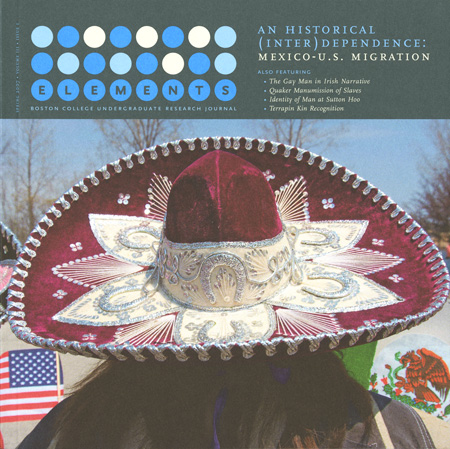The Act of Manumission: Correlations Between the Freeing of Slaves and Socioeconomic Status of Philadelphia Quakers
DOI:
https://doi.org/10.6017/eurj.v3i1.8977Keywords:
Spring 2007, humanities, historyAbstract
The Philadelphia Society of Friends battled to rid itself of the infection of slavery for nearly a century, finally forbidding slaveholding with the minutes of 1776. The road to redemption was not easy, as meeting members first struggled to realize the contradiction between their lifestyles and religion, then to stand up in singularity to present their newfound truth, and finally to address it on a large scale in order to convince their brothers of its sinfulness. The Society of Friends is often seen as a group of forward-thinking reformers, and while their actions came before many other abolitionist groups, their materializing consciousness was anything but unified.Downloads
Published
2007-04-15
How to Cite
Sottile, L. (2007). The Act of Manumission: Correlations Between the Freeing of Slaves and Socioeconomic Status of Philadelphia Quakers. Elements, 3(1). https://doi.org/10.6017/eurj.v3i1.8977
Issue
Section
Articles
License
Copyright (c) 2015 Elements

This work is licensed under a Creative Commons Attribution 4.0 International License.

